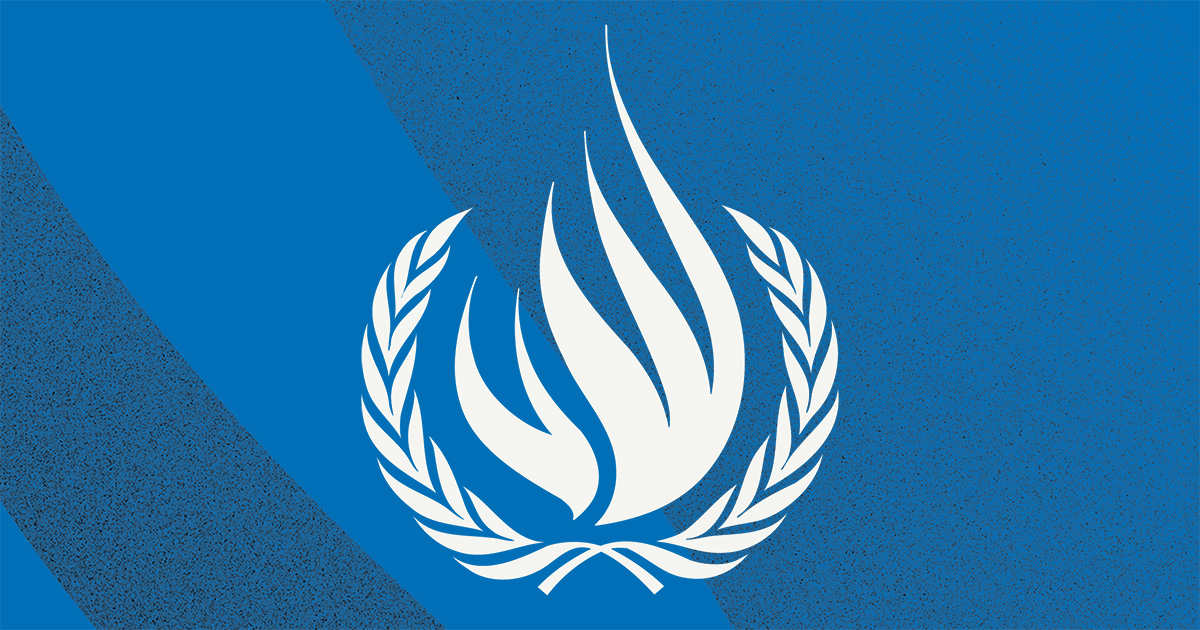
The question Several times in my childhood I was sexually abused by different men, starting from age six. I was raised as the oldest child of a single mum who often struggled to cope. Having also raised kids on my own – both are now adults – I understand the challenges and exhaustions of sole parenting. However, I don’t understand a number of neglectful decisions she made, including leaving one or all of us in the care of unknown adults or, worse, adults who were suspected of abusive behaviour, for overnight stays.
Understanding that Mum is emotionally vulnerable has meant my siblings and I don’t raise these issues with her in the interests of keeping the peace. Even so, in recent years Mum has made a habit of raising the issue of my assaults unprompted, to explain that she wasn’t a bad parent. Or she will invoke a conversation about how she was a good mother, then she brings up a traumatic incident that she insists wasn’t her fault.
I’ve been diagnosed with PTSD due to the assaults. I cannot see any choice other than to cut communication with Mum to manage the distress her behaviour causes and I am in the process of seeking counselling. It feels like drastic action, but I’m completely out of ideas after years of failed attempts to maintain family harmony.
Philippa’s answer I’m sorry all this happened to you and that you still live with the consequences of it.
Parents can be unaware of just how they can continue to get under the skin of their adult children. You hate her bringing up the subject of your abuse, but I wonder what it would mean to you, to hear your mother say something like: “I made terrible mistakes when you were a child. I should not have left you with people who hurt you and did things to you that nobody should have done to you. I am sorry I could not do better. I am regretting this very much. I wish I could take it out of your life. I am sorry that I caused so much pain.” And then how it would be for you if she never again mentioned it, unless you brought up the subject? Would that be enough to make it tolerable to be with her?
I can imagine it might feel agonising for your mother to admit that her actions had bad consequences that you still live with. Or that she had had a choice about them. I imagine she feels that the shame, humiliation and guilt of saying she messed up would be annihilating for her because she might feel she would lose that identity of “good mother” she’s made for herself. She doesn’t want to feel obliterated, so she wants to be right. Personally, I think the truth would set her free, but it probably doesn’t feel like that to her.
If you award her that “good mother” label what happens to your experience? Would it be like denying what your experience has been?
The appellations of “good” or “bad” mother are never helpful. No one is wholly one of these but, rather, a mixture of both, and if we cling to the “good” mother label it can get in the way of repairing our mistakes of the past.
Sometimes, all we can do is ask for what we want. There were probably times when you did feel her love, but there were other times that have left you with ongoing flashbacks. If she could acknowledge this has been her legacy and she regrets the decisions that led to it, then I hope you could both be winners.
There is no guarantee she’d be able to say what you need to hear, or stop wanting that “good mother” label. What is in your power to change, you have got in motion. You are seeking out counselling and when you work through all your experiences and feelings and have them validated, it may bring you some peace. Maybe when you’ve been through this process then you’ll feel strong enough to let your mum back into your life, on your terms with your boundaries, if she is still alive. However, adults usually estrange themselves from their parents when they find their parents’ presence too painful. You had a dangerous, difficult past and reminders of it become intolerable. Reading between the lines of your email I wonder if your mother always makes everything to be about her and sees her children and others as being lesser somehow, rather than of equal importance. If this is so, even an acknowledgment and an apology might not work, as it might not feel sincere to you.
Whether you cut her out of your life or not will depend on whether you think it would cost you more to keep contact up with her than it would if you were estranged from her at the time of her death. Only you can know that.
Maybe showing her your email to me and even the reply might help her choose between insisting she was a “good mother” or owning what the effect of her decisions have had on you. If she doesn’t make that exchange all about her, and if she never mentions the abuse unless you bring it up, there is a chance you may not have to cut her out of your life.












